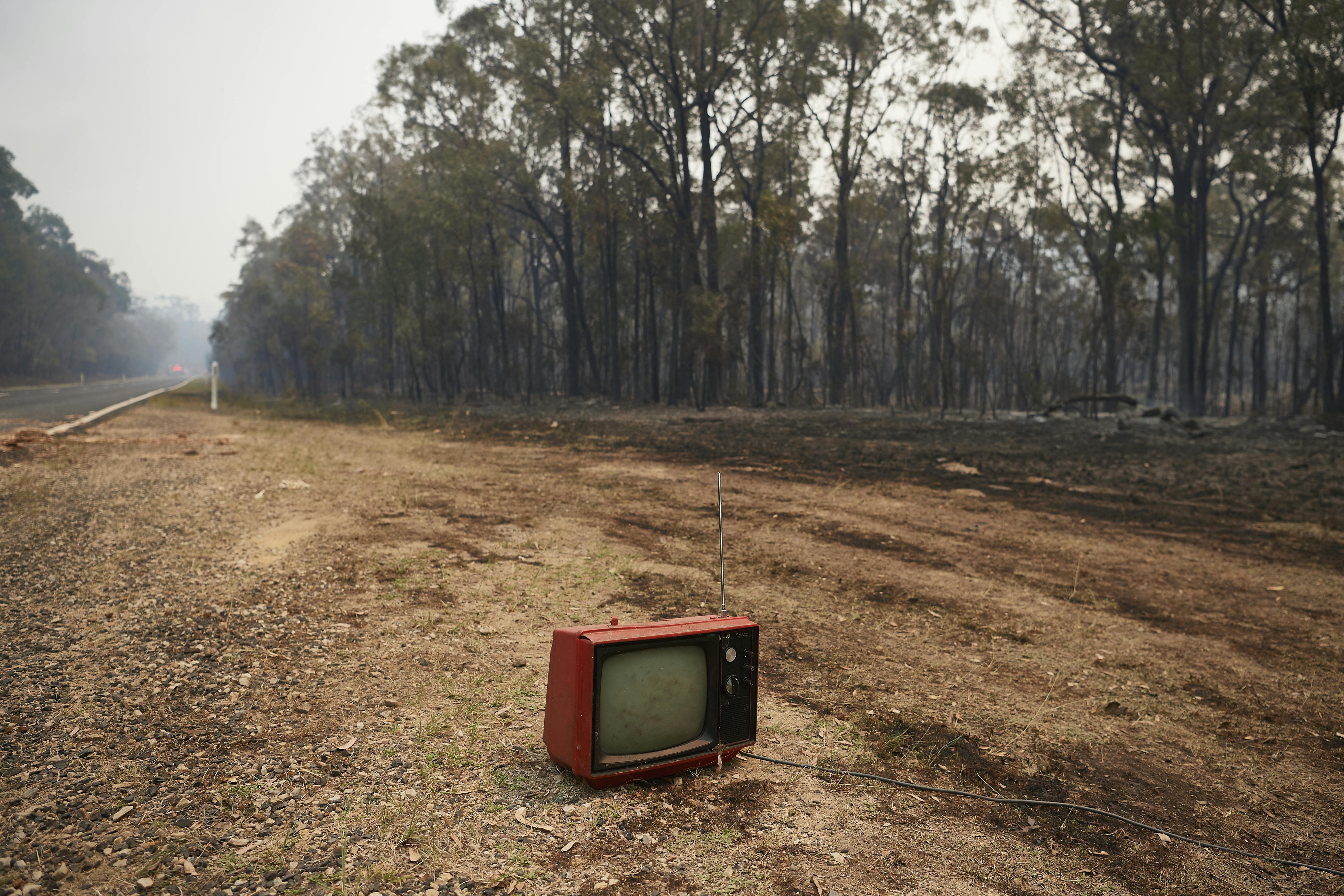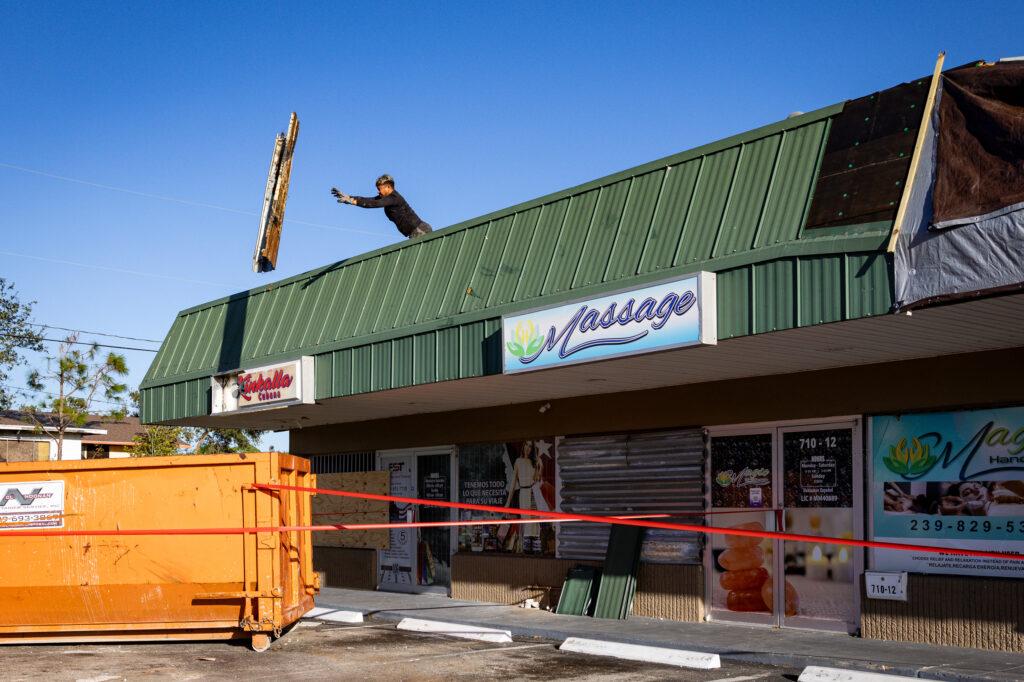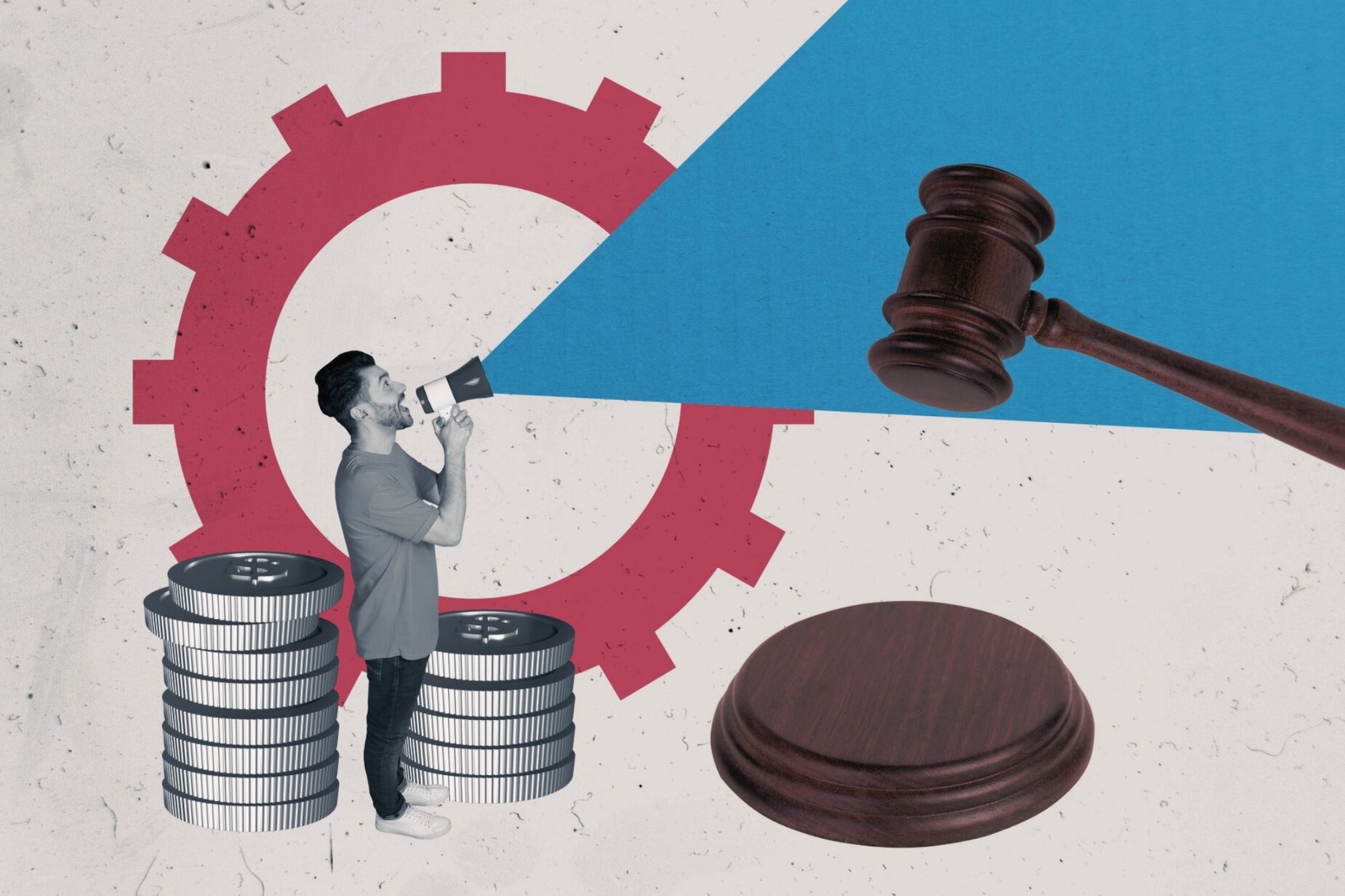Fire is a natural element of many landscapes of the American West. It provides periodic ecological resets, infuses the soil with nutrients, allows the growth of new vegetation, and rejuvenates the habitats of fire-dependent animals and plants. Influenced by timber-industry interests and their questionable forest science, the past century of government-backed fire suppression, especially on the public wild estate that covers so much of the western United States, has yielded poor results.
But the wildfires now burning in California, which I witness at a digital distance from my home in the Arizona desert, have been driven by an even more far-reaching human mismanagement of the living world. Nature and chance play a role, to be sure: Lightning strikes; transformers spark. But as most Americans are coming to understand, the greater frequency and intensity of such fires in the West, like the greater frequency and intensity of hurricanes along the Gulf Coast, is an artifact of runaway climate change, which we’re causing and, so far, extravagantly failing to curb.
To watch the fires, even from a safe remove, is to watch the blazing spectacle of our hubris march forward under a rippling battle flag. The fires kill people and destroy homes. Yet following the money, sprawling development projects continue to be approved smack in the midst of fire-prone areas. (Two of these, pending in Southern California at the moment, are Northlake and Centennial.)
Fires particularly threaten those who lack the means to pick up their lives and start afresh elsewhere. And they also threaten those that, unlike people, can’t move—in this case, to take two examples, the ancient groves of Big Basin Redwoods State Park and the endangered condor chicks in Ventana Wildlife Preserve. The majestic redwoods of Big Basin, some of which have been growing for 2,000 years, took a hit, but most look likely to survive: When we allow trees to grow big and old, they’re more resilient to fire. When we cut them down for lumber and more of our forests are made up of younger, thinner trees, those forests are far more likely to go up in flames.
California condors, a species painstakingly brought back from the brink of extinction through the good graces of the Endangered Species Act and an intensive captive-breeding program, eke out a tenuous existence on the state’s central coast. Of the eight nests with chicks in them this year, five are in the fire zone.
Fire has been a friend to people since, arguably, before we were us—back when we were Homo erectus, possibly, scavenging out a living much like hyenas some 400,000 years ago without even the puniest of iPhones to assist us. Eventually, it allowed us to cook up the bodies of other animals, purging their protein-rich flesh of unpleasant parasites and pathogens. We wield fire as a vicious weapon in war and use it as a cheap tool for destroying rain forests from Brazil to Indonesia, or wetlands like the Pantanal, to convert them to croplands and cattle ranges.
But fire remains a powerful, apocalyptic force.
Earlier this summer, the Tucson area where I live faced the Bighorn fire. Like the California fires, the Bighorn was started by lightning, stoked by hot winds, and prolonged by lack of rainfall. The desert parts of the Sonoran region, unlike its grasslands and high-mountain conifer ecosystems, are not well adapted to blazes. Here the plants, including our iconic giant saguaro cacti, famous from Western movies and Looney Tunes cartoons, have evolved to store water with a near-miraculous efficiency. They excel at shielding that water from the arid heat, not at guarding themselves against flame or regrowing swiftly in its wake. Saguaros are a keystone species, supporting a large array of birds, bats, and other wildlife that live inside them, eat their fruit, and pollinate their flowers.
The Bighorn fire, which lasted for weeks, may have destroyed as many as 2,000 of these long-lived, painfully slow-growing cacti. Many at lower elevations simply burst into flame when fire, carried by the buffelgrass once imported to feed cattle, reached them. Buffelgrass, which spreads and intensifies fires, hasn’t yet taken over the higher elevations of the fire’s footprint. The damage could have been far worse—and one day, it likely will be.
Back in June, I’d drive by the smoking Santa Catalina mountains and see pink swaths of fire retardant striped across their faces. These chemical retardants, mostly ammonium phosphate, kill off fish when they get into waterways and, after the fire, promote exotic undergrowth like buffelgrass, which is fire-adapted and will come back with a vengeance to spread future fires. I saw airplanes and helicopters fly overhead, while long lines of cars pulled over to the side of a road called Oracle in the 100-degree-plus heat so that people could watch the plumes of smoke and emergency air maneuvers as their engines pumped frigid air into the cabins for comfort.
The scene imparted a sense of futility: an inevitable fire that would eventually be contained and its inevitable observers, few deep in the fray of the climate battle or the actual firefighting. Some of us, whose neighborhoods were near the fire lines, had to evacuate—or, in the case of a writer friend of mine, decline to. But most of us were voyeurs, watching an increasingly alienating show. In the worst fire season in Australian history this past winter, many of us also watched as more than 15,000 fires burned, killing 34 humans directly and more than 400 indirectly and killing or displacing some thee billion animals. It was a staggering toll, half a world away and yet also as close, in pictures and data, as our laptops and tablets and TVs.
More disasters of climate-distorted weather are headed toward us soon, as hurricane season and fire season converge. These disasters, too, will be watched by those of us—most of us—who aren’t directly in their path. If we change the channel or toggle between browser tabs, in this tortuous time of disaster-watching, we’ll see a president obsessed with viewership—his own viewing and how others view him. We’ve become a nation of spectators—world-renowned consumers now consuming the spectacle.
Contained within the neat rectangles of our screens, even disaster has a semblance of order. Inside clickable personal theaters, disasters become objects of narrative, to be viewed, processed, and dismissed. In the prolonged limbo of the past half-year’s social isolation, itself brought to us by the single-minded optics obsession of our leaders, these glowing portals have become still more dominant in our routines and pathways to information.
As fiction and nonfiction continue to be dangerously conflated, and the scale and scope of looming bad events seem to swell beyond our capacity to grasp them, our spectatorship becomes a kind of self-fueling paralysis. Everything happens to us, even when it’s actually happening to someone else. Events occur in a whirl of chaos beyond our control—and in the hypnosis of watching, the simultaneous thrall and imprisonment of being an audience, our personal agency ebbs further and further away.
Unless, of course, we break the stare and choose to see the screens for what they are: fantastic windows that were never meant to open. Blank surfaces made to catch the images of a projected story. Those stories can be ugly or beautiful, but they aren’t the same as life.
A screen, after all, is also a barrier you put up to conceal a private space from curious eyes—to obscure the secret and the real. It’s not that we should turn away from disaster: quite the opposite. We should recognize it, in its multiple forms, as immediate and urgent, deserving not just the fragmentary, passive attention we give the reality/unreality shows inside the rectangles but also our peculiarly human and personal capacity for action.
If we push away from the monolithic captivity of the screens, even for a short while, we may find ourselves returning to the world of three dimensions, stepping into the air and light. Where other people and other animals, in other places, are subjects like us—not merely the tiny objects of our gaze.

















